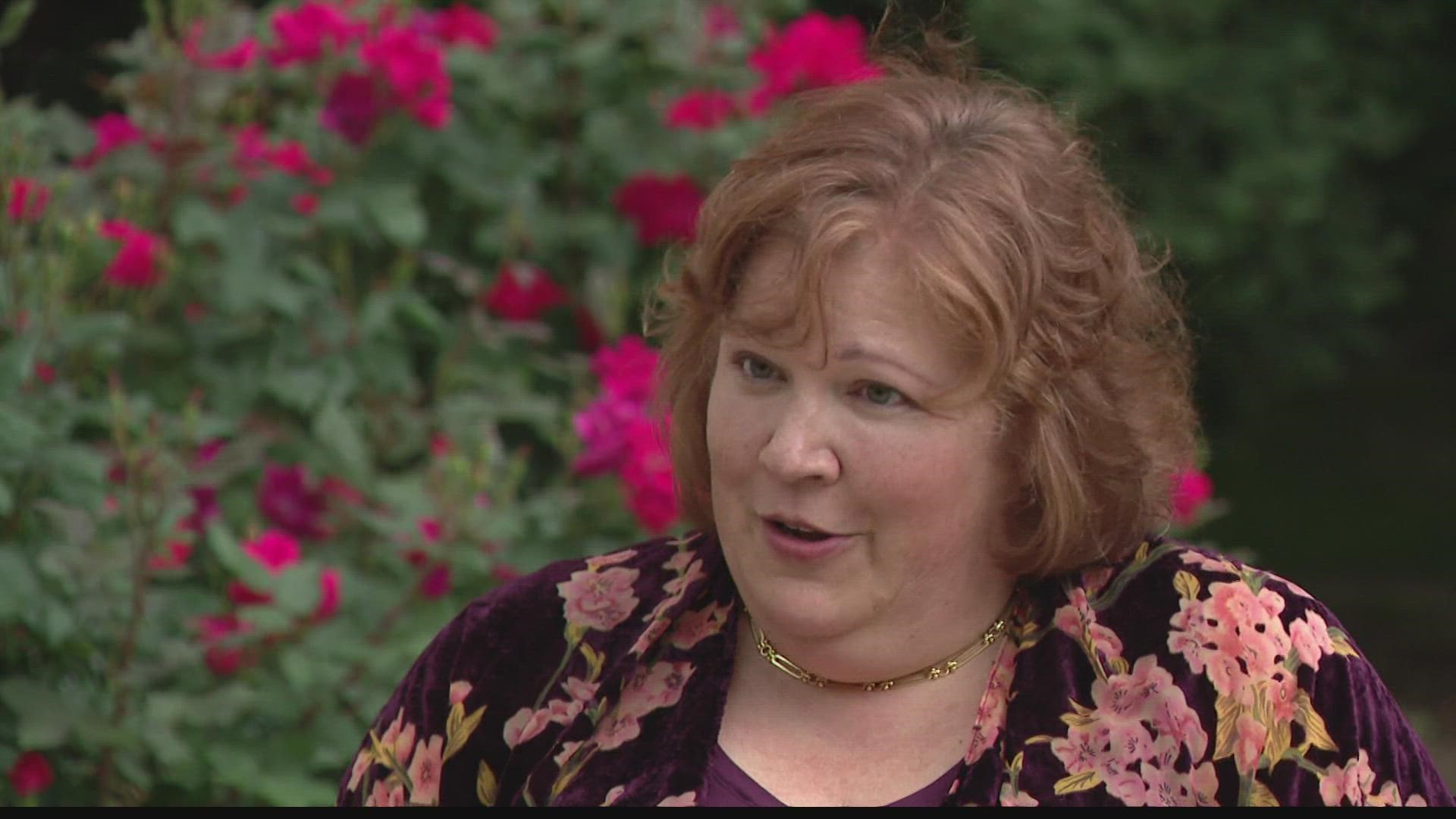INDIANAPOLIS — Last week’s deadly mass shooting in Uvalde, Texas has brought lawmakers to the table this week, discussing ways to prevent another tragedy like it.
Some of that discussion surrounds mental health and more funding for services to help those with mental illness.
“Our country greatly, greatly underfunds mental health,” said Dr. Kara Hwang, a psychiatrist who prescribes medicine for those with mental illness.
Hwang said that while funding for increased mental health help is necessary, she doesn’t think it’s the answer to preventing the next mass shooting.
“The biggest risk for mental illness as far as something that would involve a gun, is suicide,” said Hwang.
Hwang is also a volunteer with Moms Demand Action, a grassroots organization aimed at reducing gun violence in the United States through stronger gun laws.
“The difference between our country and other countries where this happens rarely is not the difference in mental health, it’s in the difference of easy access to guns,” she said.
“We understand that more people or the vast majority that have a mental health condition or disorder are actually victims of violence themselves than perpetrators,” said Kimble Richardson, a licensed mental health counselor with Community Health Network.
Richardson said any discussion about mental health and the need for more resources is important.
“The ability to talk about it and not feel stigma or shame, that’s a good thing,” said Richardson.
It’s a conversation though, said Hwang, that while important, isn’t the answer to ending gun violence.
“People aren’t going to tell us if they want to kill people or if they want to harm themselves. Some people will, but most people won’t,” said Hwang.
The American Psychiatric Association issued a statement today which said, in part:
“It is important to note that the overwhelming majority of people with mental illness are not violent and are far more likely to be victims of violent crime than perpetrators thereof. A vast majority of firearm violence is not attributed to mental illness. Rhetoric that argues otherwise will further stigmatize and interfere with people accessing needed treatment without addressing the root causes of firearm violence. Although there is no single cause of firearm violence, individuals can and have been emboldened to act violently by inflammatory public discourse and provocative, hateful and destructive rhetoric.”

